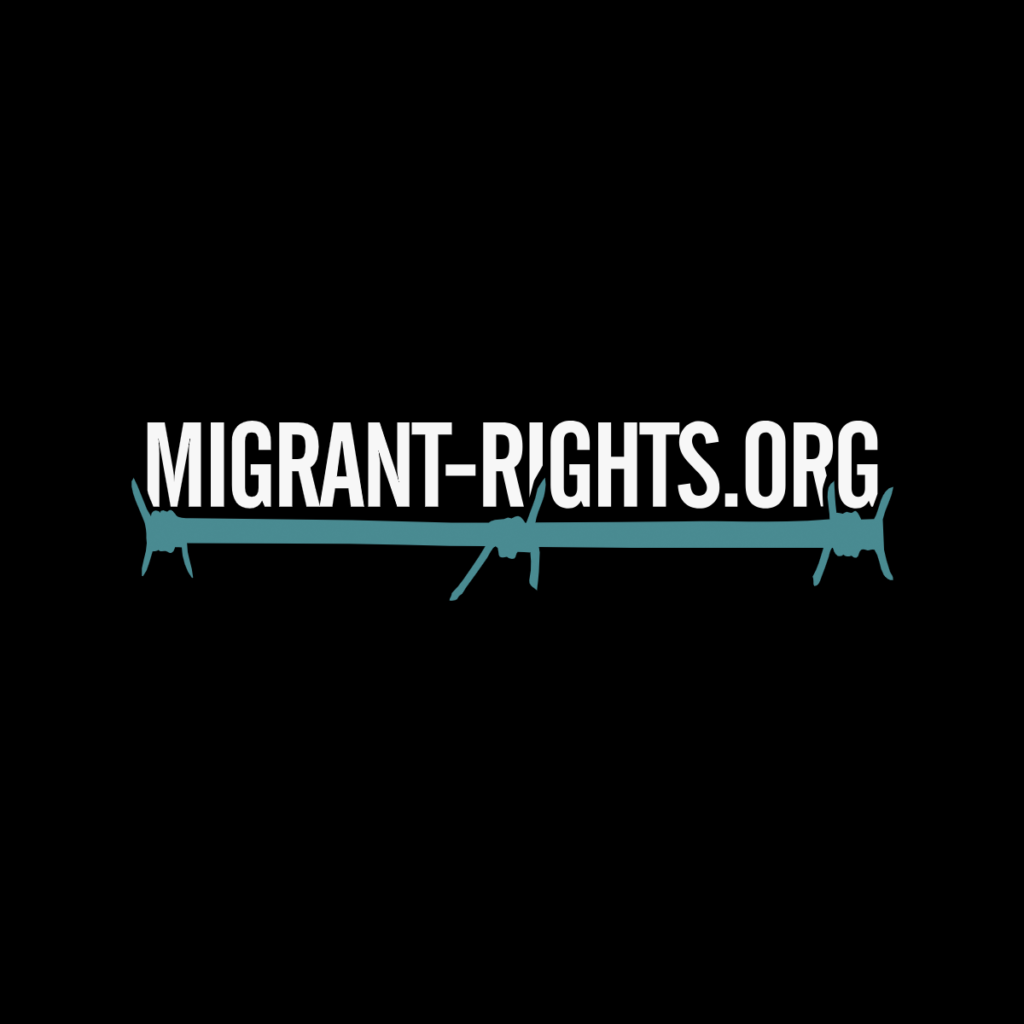Bahrain’s Central Investigation Department’s (CID) Anti-Trafficking and Public Moral Protection Division recently launched a new hotline (17710652) for reporting cases of sponsors forcing migrant workers to transfer their sponsorship or change jobs. Such practices “violate the law, particularly the Labor Market Regulatory Authority (LMRA) Act and its regulations,” the statement said.
According to the CID, in coordination with the LMRA, legal action will be taken against violating sponsors, but it is unclear whether these cases will be considered criminal or administrative violations, and whether these actions will fall under the Anti-Trafficking Law or the Labor Law.
CID also recently announced the launch of a new 24-hour hotline (555) for reporting any issues or complaints regarding human trafficking crimes. According to the announcement, the hotline is intended to foster community partnerships, speed up responses and enable authorities to take necessary legal action.
No details have been released, and it remains unclear whether the hotline will operate formally under Bahrain’s National Referral Mechanism or as an independent entity. Another anti-trafficking hotline, 995, is currently overseen by the LMRA.
While it is too early to assess, maintaining two hotlines run by separate organizations for the same purpose will likely create bureaucratic confusion and hinder efforts to eradicate trafficking. Such a “bureaucratic confusion” currently exists between the LMRA and the Department of Nationality, Passports and Residency, which share duties such as registering “abscondition” cases and complaints about residence permits.
Moreover, CID frequently conflates trafficking with sex work, thereby increasing the vulnerability of trafficking victims. In previous reports, we documented how CID racially profiles migrant women, falsely accuses them of prostitution, and coerces them into confessions while failing to provide translation or legal services. To truly be effective in combating trafficking, the department needs significant reform.
Except for domestic workers, migrant workers are allowed to change sponsors without the employer’s consent after completing one year of employment or after their work permit expires. Domestic workers must have their sponsor’s consent to change jobs under any circumstances. Civil society organizations, including MR, have documented several cases of domestic workers whose sponsors demanded money to change employers, even after their contracts had expired.
Charging employees for visa and visa transfer fees is systematic and made possible through the kafala system, which empowers sponsors to issue no-objection certificates for visas and sponsored transfers. The hotline does not appear to be of much help in addressing this inherent problem in Bahrain’s labour migration system.
The problem is not limited to sponsorship transfers: MR has documented several cases where employers charged workers to return passports, remove runaways, and keep work permits valid. Despite the prevalence of these issues, the country recently maintained its Tier 1 status in the US State Department’s Trafficking in Persons (TIP) report for the fourth consecutive year.
Our previous report on Bahrain’s trafficking in persons ranking noted that inaccurate assessments risk masking ineffective and cosmetic efforts that do not substantively combat trafficking. While Bahrain’s recent reforms are a step in the right direction, the reality on the ground is inconsistent with the requirements for TIER-1 status. Read the report here.
Section 23 (D) of the LMRA Act, 2006 prohibits “any person from accepting any money or obtaining any benefit or advantage from any employee in lieu of issuance of a work permit or in exchange for the employment or retention of such employee.”
It also stipulates that “in case of habitual offenders, the penalty shall be imprisonment for a period of six months to two years and a fine of 2,000 to 4,000 dinars.”
Some international observers have already praised the new hotline, but it is vital that observers do not just accept government statements but evaluate these efforts based on implementation on the ground.
The CID said it introduced the hotline following recent reports of some employers demanding money from migrant workers seeking employment in Bahrain.
While this is a move in the right direction, there are some things observers should take note of.
It is unclear whether the hotline is available in multiple languages and can cater to all migrant workers in the country. Past cases documented by Migrant-Rights.org show that migrants face language barriers in their interactions with the Bahrain Central Investigation Bureau. There is a large gap between existing efforts on paper and the facts on the ground. The practice of charging workers for relocation fees is common in Bahrain, and MR, along with other civil society groups in Bahrain, has documented many such cases reported to the LMRA, but the LMRA has not taken strict action against the sponsors. The government has yet to raise awareness about the hotline, and many migrant workers in Bahrain are still unfamiliar with the basic hotline available to them due to a lack of awareness efforts.
Source link

